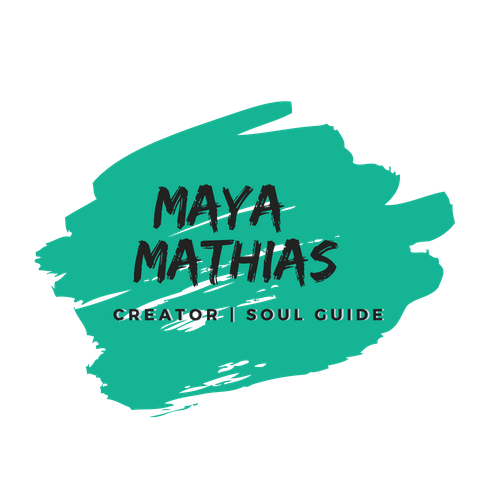
May 19 2019
It can be easy to view battles in local, or global, arenas as things beyond our control, or best kept at arm’s length. Is this still a wise way to be, in our modern age?
(Too busy to read and click through all the article links? Listen to this podcast episode, for highlights on the go.)
As The World Turns
Distant battles, backyard effects
Some of us naturally itch for a fight. And some of us grow into a desire to fight. Because our cultures, histories and life experiences tell us that we must. When we choose to fight those battles through a third party, do the battle gains justify the fact that we’re holding our fight at arm’s length?
The cold war between the US and the Soviet Union may have ended decades ago. But these two superpowers continue to battle over their differences in third party arenas. The most recent and striking example of this is in Venezuela, where countries allied to the US are backing the opposition leader Juan Guaido, while Russia and its allied nations are supporting the current leader, Nicolas Maduro.
This isn’t the only proxy war being fought in the world right now, and dozens of proxy wars have been waged since the mid 19th century. Fundamentally, all these battles at a human level are a quest for legitimacy. We fight with each other because we want to matter in some way. And all too often throughout history that fight for legitimacy turns into a fight for ultimate supremacy, a zero sum game where there is one ultimate winner who wants to win at all cost.
The question is, though, many of us feel and believe that we are now living in a world that’s more interdependent. And in that interdependent world, many of us seek peace more than we seek war. So if one party or one state decides that they want to continue to fight for ultimate supremacy, can that party still find enough collective oxygen, or allies in the world, to prevail? And if these fights continue to happen by proxy, in third party spaces like Syria and Venezuela, when does the collateral damage from the proxy wars – in the form of migrants or refugees – become simply too big for us to ignore?
This is the broader context in which President Trump unveiled his immigration plan this week. To many other leaders in the country, the plan doesn’t resolve the decades of ideological division between the two political parties…even as the number of migrants from South America continue to swell at America’s Southern border.
Om Is Where The Heart Is
How proxy war victims find healing
New play The Jungle is a vehicle of healing, for migrants and refugees from across the Middle East and Africa seeking better lives in Europe and the United States.
The brainchild of two young British playwrights, Joe Murphy and Joe Robertson, it tells the story of people stuck between their previous life and an uncertain future. And it interrogates the role of well-intentioned volunteers who want to help, but may not always understand how and where to offer that help.
This play speaks to the power of art and storytelling, to heal a displaced people, and to help their voices and their stories be heard by those who care to listen.
News and Views
Peace Matters is evolving
I’ve been feeling a growing need to shift and, in some way, refine what I’m creating through #PeaceMatters, whether it’s the podcast, the newsletter, or the #FridaysForPeace live stream.
I’m still a little unsure of what aspects will shift, or how. So stay tuned as more of this process reveals itself to me, in a way that’s going to serve you even more in these uncertain times.
In the next issue:
I’ll shed more light on these #PeaceMatters changes. And I’ll keep a close eye on the news of the week, and what it spells for us as concerned citizens.
Till then…
Live well and lead large – Maya

